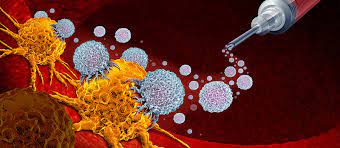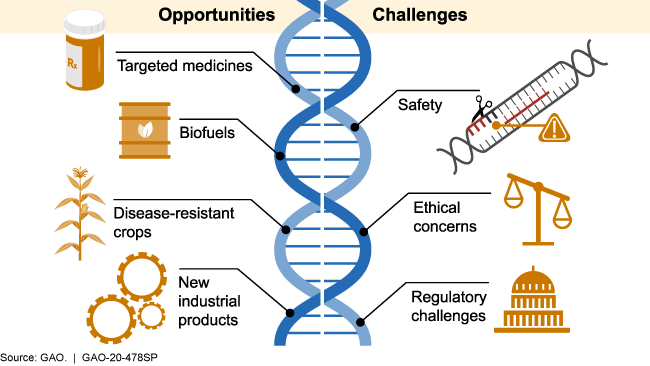“Emerging Diseases and New Treatments” is a blog that delves into the dynamic nature of the healthcare industry. Where breakthroughs and innovations are frequently observed. As the world continues to face new challenges in public health. There is a continuous need for research and development of novel therapies to address emerging diseases.

Our blog aims to explore the latest developments in the field of medicine. With a particular focus on emerging diseases and the novel treatments being developed to combat them. Join us as we delve into the exciting world of healthcare innovation and explore the latest advancements. That are shaping the future of medicine.
Emerging Diseases

COVID-19:
Since COVID-19 is a disease caused by the SARS-CoV-2 virus. Its impact has been significant around the world over the past two years. Consequently, the development of COVID-19 vaccines has been a major focus in the medical community. Researchers are continuing to study the virus and its impact on the body to better understand. How it spreads and how to prevent it from causing further harm.

Zika:

The Zika virus is primarily transmitted by mosquitoes. It has been linked to serious birth defects in babies born to infected mothers. Researchers are studying the virus to develop treatments and vaccines.
Ebola Wires:

It is a viral disease that can cause severe and often fatal illness. There have been several outbreaks of in Africa, and researchers are working to develop better treatments and vaccines.
New Treatments
Gene Therapy:

It is a type of treatment that involves modifying a person’s genes to treat or prevent disease. Doctors have used it to treat rare genetic disorders. They believe it has the potential to treat other types of diseases too.
Immunotherapy:

It is a type of cancer treatment that involves using the body’s own immune system to fight cancer. Researchers have successfully used it to treat some types of cancer. They are working on developing new types of immunotherapy to treat other types of cancer.
Precision Medicine:

It involves tailoring medical treatment to an individual’s genetic makeup, lifestyle, and environment. Furthermore, this approach has the potential to improve the effectiveness of medical treatment. And to reduce the risk of side effects. By taking into account an individual’s unique characteristics. Doctors can create treatment plans that are more personalized and targeted, potentially leading to better outcomes. Additionally, precision medicine has the potential to reduce healthcare costs by avoiding unnecessary treatments and procedures. As research in this area continues to advance, precision medicine has the potential to revolutionize the field of medicine. They are leading to more personalized and effective treatments for a wide range of diseases and conditions.
CRISPR:

It is a technology that allows scientists to edit genes in living cells. Moreover, it has the potential to be used to treat genetic disorders and other diseases. By using CRISPR, scientists can precisely target and modify specific genes. That are causing disease, potentially leading to more effective treatments. Additionally, scientists can use CRISPR in other areas, such as agriculture and environmental science. Which makes it a highly versatile tool for scientific research.
Ethical Considerations

While these emerging diseases and new treatments hold promise, there are important ethical considerations to be aware of gene therapy and CRISPR raise important ethical questions about the potential for eugenics and genetic discrimination. There are concerns about the affordability and accessibility of these treatments, particularly in low-income countries.
Moreover, another ethical concern is the potential for these treatments to exacerbate existing health disparities. Wealthy individuals can only afford a new treatment that has been developed. It could further widen the gap between the rich and poor in terms of health outcomes. Therefore, it is crucial to ensure that emerging treatments are accessible and affordable to everyone. Who needs them, irrespective of their financial situation.
Conclusion
Emerging diseases and new treatments are an important area of research in health and medicine. While these advances hold promise, it is important to carefully consider the ethical implications of these new treatments. Accordingly, it is vital to ensure that they are accessible and affordable to everyone who needs them. As the field of health and medicine continues to evolve. It will be important to continue to prioritize research that improves human health and well-being. Moreover, it should also promote ethical and social responsibility.

